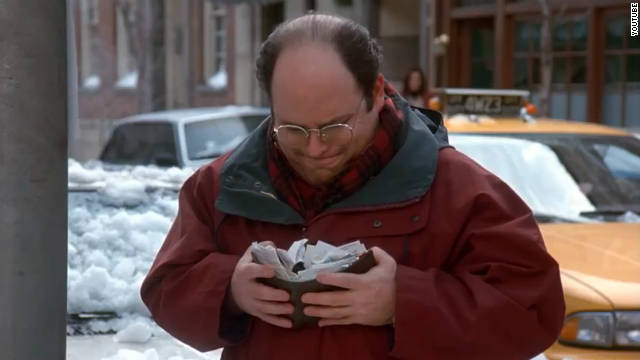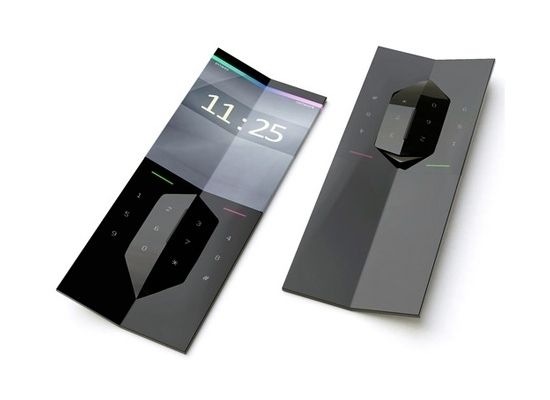
Netflix, the digital video delivery company, announced on Sept.18 that the company’s movies by mail service would be rebranded as Qwikster, while the Netflix brand would be dedicated to streaming video.
They have effectively raised the price on subscribers of both by 60%. But in return caused an estimate loss of 1 million customers, or 4% of its subscribers. Did the increase in price and decrease in quantity sold bring up the profit?
Just after few weeks the answer came out. Netflix has abandoned the plan. Qwikster, just like how it sounds, died really quickly. The change in plan obviously didn’t give them more profit. I think that customers valued the simplicity Netflix has always offered, but to keep up the change, they then need to have 2 accounts under 2 websites which was complicated. Also, the average price of both services has increased, and since this product is a normal good, the demand for will decrease. And from the results, the elasticity for this service is probably elastic as it has many substitutes.
The decision to abandon Qwikster is probably a good idea, they might be able to pull back the customers that bailed out on them.
http://money.cnn.com/2011/10/10/technology/netflix_qwikster/index.htm?source=cnn_bin
Word count: 198




